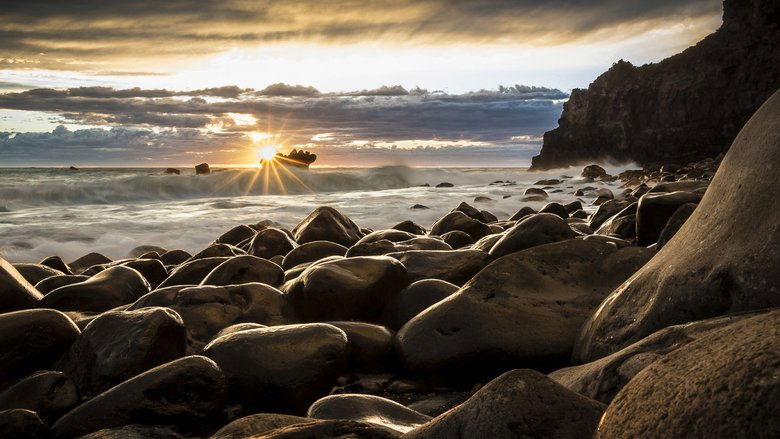Who Owns New Zealand Now?
Genres
Documentary
OverView
Award-winning documentary maker Bryan Bruce investigates New Zealand's housing crisis and what might be done to solve it. Bruce consults with recognised world experts (in Canada, Ireland and Germany) to discuss their global research – this time on foreign capital and housing affordability and the effect of immigration on house prices. Bruce also looks at some of the many possible solutions (available particularly in Germany) that would provide families with stability of tenure that don’t involve private ownership.
Others
Budget
$--
Revenue
$--
Status
Released
Original Language
English
Runtime
45 mins
Rating
0/10
Release Date
12 September 2017
Country


